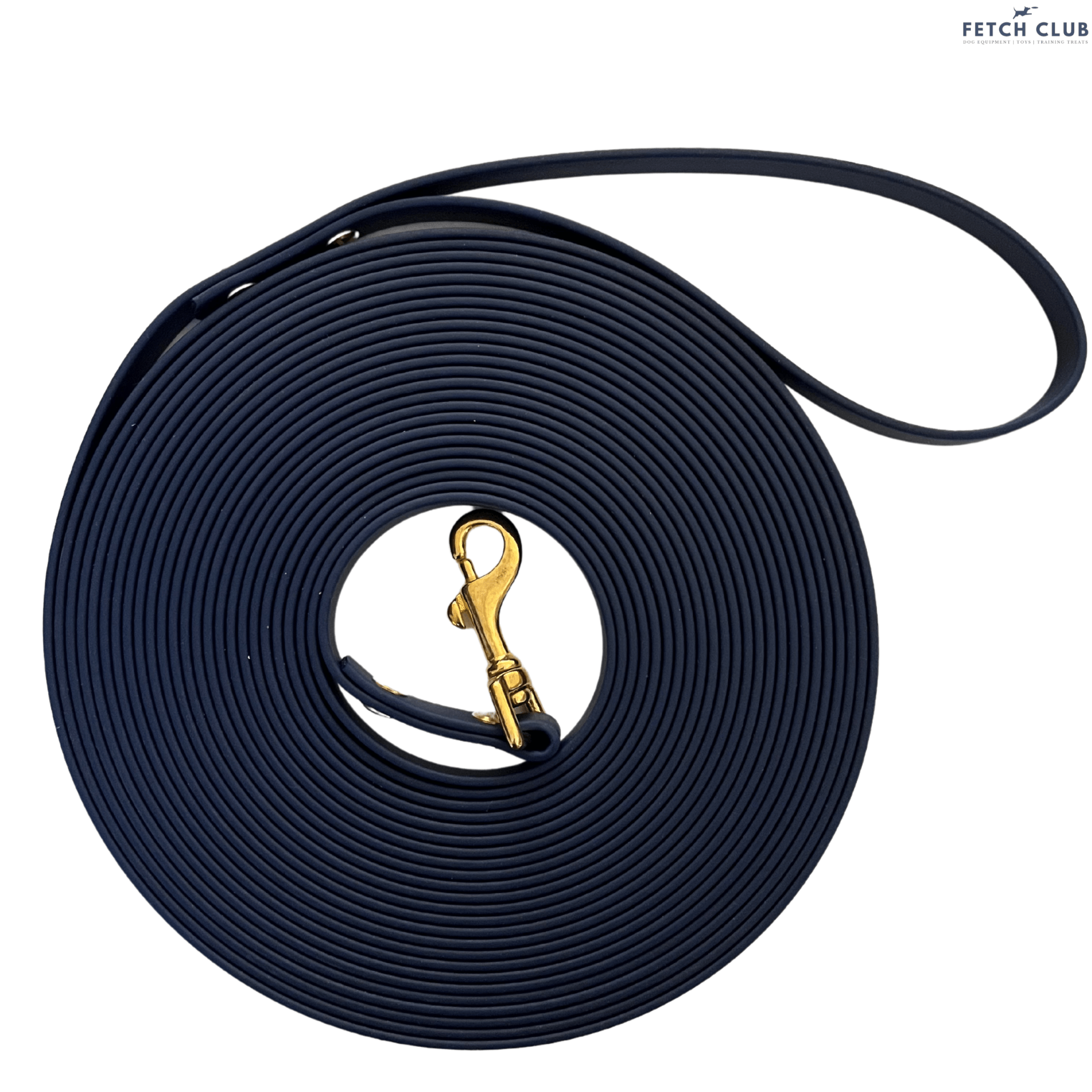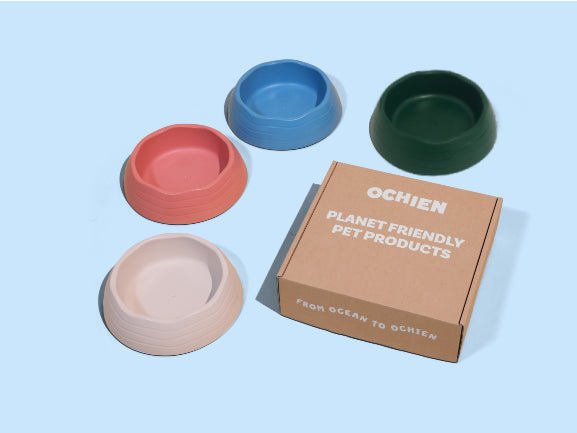Spring Safety for Dogs: Navigating Plant and Water Hazards in the UK
Springtime brings a burst of colours and renewed energy, not just for us but for our dog as well. As dog owners, it's a joy to see our pets frolic in the greenery and splash in the water.
However, this beautiful season also brings with it specific hazards, especially in the UK, where certain plants and water bodies can pose risks to our dogs. In this article, we'll explore these springtime dangers and introduce you to products like the Seasonal Tonic Soother from Herbal Dog Co and Long Lines for water safety to help keep your dog safe and healthy.
Plant and Bulb Hazards
One of the most common dangers in spring are toxic plants and bulbs. As dogs explore their surroundings, they might come across common UK garden plants like daffodils, tulips, and foxgloves, which can be harmful if ingested. Symptoms of plant poisoning in dogs can vary but often include vomiting, diarrhea, and lethargy.
To prevent such incidents, consider fencing off areas of your garden that contain these plants. Training your dog to avoid certain areas can also be beneficial. Additionally, using products like Herbal Dog Co's Immune Support Tonic can be a great preventive measure. This all-natural tonic is formulated to boost your dog's immune system, helping them stay healthy and resilient against accidental ingestion of harmful plants.
Plants/bulbs to watch out for:
-
Daffodils (Narcissus): The bulbs are particularly toxic, but all parts of the plant can cause vomiting, diarrhea, and lethargy if ingested.
-
Tulips: The bulb is the most toxic part, causing drooling, central nervous system depression, and heart problems in dogs.
-
Foxgloves (Digitalis): All parts of this plant are toxic, leading to heart failure, tremors, and possibly death if ingested.
-
Azaleas/Rhododendrons: Consuming even a few leaves can cause oral irritation, vomiting, diarrhea, and lethargy in dogs.
-
Hyacinths: The bulbs are particularly poisonous, causing severe vomiting, diarrhea, and even depression.
-
Lilies: Certain types of lilies are very toxic to dogs, leading to kidney failure. It's important to note that they are extremely toxic to cats as well.
-
Autumn Crocus: Ingestion can lead to severe vomiting, gastrointestinal bleeding, liver and kidney damage, and respiratory failure.
-
Oleander: Every part of this plant is toxic, causing severe vomiting, slow heart rate, and possibly death.
-
Yew: All parts of the yew plant are toxic and can lead to heart failure and respiratory collapse.
-
Castor Bean (Ricinus communis): The seeds contain ricin, a highly toxic substance. Ingestion can cause severe abdominal pain, drooling, vomiting, diarrhea, and in severe cases, seizures and death.
-
Sago Palm: The seeds and nuts are the most toxic parts. Ingestion can lead to vomiting, liver failure, and potentially death.
-
Cyclamen: The roots are especially toxic, causing intense vomiting and even death in severe cases.
-
Amaryllis: The bulbs are particularly toxic, causing vomiting, depression, diarrhea, abdominal pain, hypersalivation, anorexia, and tremors.
Water Dangers
Spring also means more opportunities for dogs to play in water. However, strong currents in rivers and cold water temperatures can be dangerous. Dogs swimming in unknown or unsafe waters are at risk of drowning or hypothermia.
To keep your dog safe, use biothane long lines. These lines allow dogs to enjoy the water while giving owners control over their movements, ensuring they don’t swim too far or into dangerous areas.
Keep an eye out for blue-green algae in the water and learn more about it here.
Product Spotlight
Herbal Dog Co’s Immune Support Tonic is an excellent choice for dog owners looking to maintain their dog's health year-round. This unique tonic is made with all-natural ingredients, designed to strengthen your dog’s immune system. It's particularly useful in spring, when dogs are more likely to come into contact with potentially harmful plants.
Long lines are also crucial for dog owners who enjoy water activities with their pets. These lines come in various lengths and are made from durable materials, offering a balance of freedom and safety for your dog in water environments.
Safety Tips and Best Practices
Regular vet check-ups and keeping up with flea and tick treatments are vital in spring. Always supervise your dog in new environments and be aware of the signs of distress or illness. Knowledge is your best tool in preventing accidents.
Spring is a wonderful time to enjoy the outdoors with your dog, but it’s important to be aware of the potential hazards. By being vigilant and equipped with the right knowledge and products, you can ensure a safe and enjoyable season for both you and your pet.




